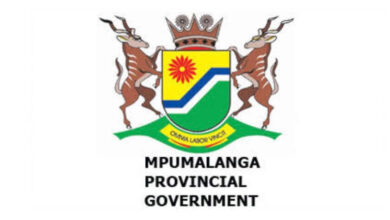20 Unwritten Rules About Event Planning

Event planning can be a rewarding yet challenging task, filled with nuances that aren’t always written down. Here are 20 unwritten rules that every event planner should keep in mind to ensure a successful gathering.
1. Start Early
Begin planning well in advance. Whether it’s a corporate meeting or a wedding, the earlier you start, the better. This gives you ample time to tackle unexpected issues and find the best vendors.
2. Budget Wisely
Always account for unforeseen expenses. Setting a budget is crucial, but flexibility within that budget can save you from stressful surprises later on.
3. Know Your Audience
Understand the preferences and expectations of your attendees. Tailoring your event to meet their needs can significantly enhance their experience.
4. Have a Backup Plan
Things don’t always go as planned. Having a contingency plan, especially for outdoor events, can save you from disasters.
5. Communicate Clearly
Maintain open lines of communication with your team and vendors. Clear expectations reduce misunderstandings and ensure everyone is on the same page.
6. Don’t Overbook
While having a packed schedule might seem appealing, it can overwhelm attendees. Allow for downtime so participants can network or relax.
7. Pay Attention to Details
The little things matter. From table settings to signage, details can elevate an event from ordinary to extraordinary.
8. Stay Organized
Use checklists and planning tools to keep track of tasks and timelines. Staying organized can alleviate stress and ensure nothing gets overlooked.
9. Follow Up with Vendors
Confirm arrangements with vendors in the weeks leading up to the event. A simple reminder can prevent last-minute mishaps.
10. Be Adaptable
Flexibility is key. Be prepared to adjust plans on the fly, whether it’s due to weather changes or unexpected guest counts.
11. Focus on the Experience
Consider the overall experience from start to finish. Think about how attendees will feel throughout the event and strive to create a memorable atmosphere.
12. Keep It Professional
Maintain professionalism with all stakeholders, from clients to vendors. Respect and courtesy go a long way in building lasting relationships.
13. Know When to Delegate
Don’t try to do everything yourself. Delegate tasks to team members or hire professionals when necessary. This can help you focus on the bigger picture.
14. Build a Strong Team
Surround yourself with a reliable team. The right people can bring your vision to life and help tackle challenges that arise.
15. Be Mindful of Timing
Timing is crucial for any event. Consider the best times for speakers, activities, and meals to keep attendees engaged.
16. Gather Feedback
Post-event, solicit feedback from attendees and staff. Understanding what worked and what didn’t can help you improve future events.
17. Network with Other Planners
Connect with fellow event planners to share experiences and tips. Networking can open doors to new opportunities and resources.
18. Respect the Venue
Understand and adhere to the rules and guidelines of the event venue. This shows respect for the space and can prevent any issues during the event.
19. Prioritize Accessibility
Ensure your event is accessible to all attendees. Consider physical access as well as dietary needs to create an inclusive environment.
20. Celebrate Your Successes
After the event, take the time to acknowledge your achievements. Celebrate with your team and reflect on the hard work that went into making the event a success.
By following these unwritten rules, you can enhance your event planning skills and create memorable experiences for your attendees. Remember, successful events are a blend of planning, creativity, and the ability to adapt on the fly.




